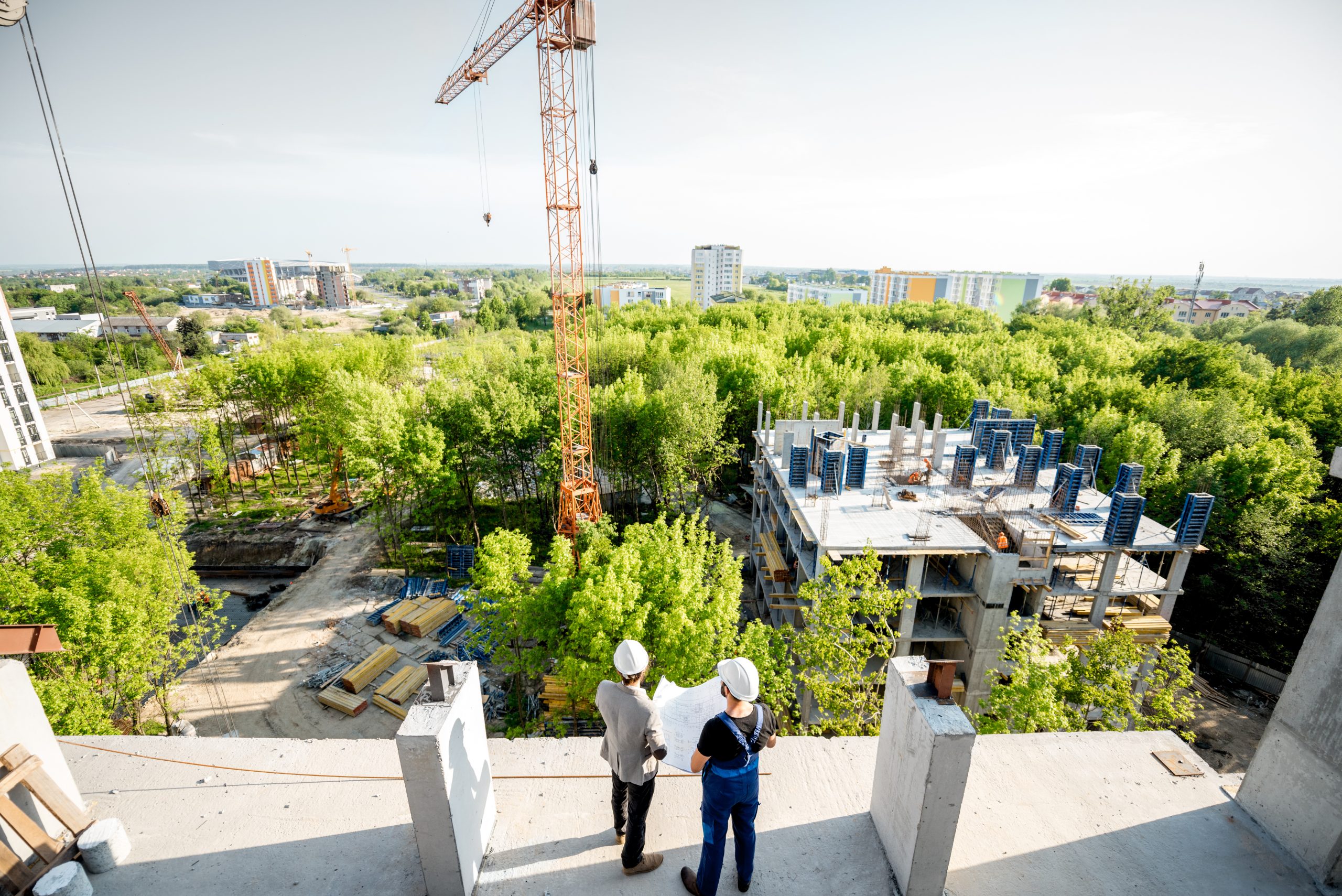Titled the “Jobs and Economic Improvement Through Environmental Leadership Act of 2021,” SB 7 reenacts and revises expedited CEQA administrative and judicial review procedures for certain Environmental Leadership Development Projects (“Leadership Projects”) established by AB 900. The bill was introduced by Senator Atkins as an urgency measure and went into effect on May 20, 2021. Since enactment, large projects are again eligible to be certified as Leadership Projects, and a new category of smaller housing projects may now be certified. Requirements for each type of project are discussed below.
Examples of projects certified by the Governor as Leadership Projects in the past include the Apple Campus 2 project in Cupertino, the Golden State Warriors Event Center and Mixed-Use Development project in San Francisco, the Downtown West Mixed-Use Plan in San Jose, the Potrero Power Station project in San Francisco, and the Hollywood Center project in Los Angeles. Once the Governor certifies a project, it must be approved by its lead agency within a certain period of time.
By requiring CEQA challenges to Leadership Projects to be resolved in under a year, SB 7 aims to expedite construction for housing projects and boost high-wage employment with the prevailing wage requirements that are a prerequisite for receiving the benefits of SB 7. However, given the increased costs prevailing wage requirements add to projects, developers of smaller housing projects that are unlikely to be challenged in court may not find Leadership Project certification economical. How many smaller residential projects choose to opt in to the program is yet to be seen.
Environmental Leadership Development Projects:
Only certain development projects qualify to be certified as Leadership Projects. These projects include:
- Large residential, commercial, retail, sports, entertainment, cultural, or recreational use projects that:
- Result in at least $100,000,000 in investment
- Create high-wage and highly skilled jobs that pay prevailing and living wages, provide construction jobs and permanent jobs for Californians, help reduce unemployment, and promote apprenticeship training
- Are 15% more transportation efficient than comparable projects, i.e. that generate fewer vehicle trips per employee, visitor, or customer
- Are located on an infill site
- Are consistent with any local sustainable communities strategy or alternative planning strategy and applicable policies where the California Air Resources Board has accepted the strategy achieves Greenhouse Gas reduction targets
- Meet other environmental standards, including no net new greenhouse gas emissions with an emphasis on on-site emission reductions
- Provide unbundled parking for multifamily residential projects
- Housing development projects that:
- Would result in an investment between $15,000,000 and $100,000,000
- Create high-wage and highly skilled jobs that pay prevailing and living wages, provide construction jobs and permanent jobs for Californians, help reduce unemployment, and promote apprenticeship training
- Are located on an infill site
- Are consistent with any local sustainable communities strategy or alternative planning strategy and applicable policies where the California Air Resources Board has accepted the strategy achieves greenhouse gas reduction targets
- Meet other environmental standards, including no net increase in greenhouse gas emissions
- Dedicate at least 15% of the project to lower income households or dedicate the percentage required by local government, whichever is higher
- Do not provide short term rentals
- Do not include industrial or manufacturing uses
- Dedicate at least 2/3 of the square footage to residential use
- Provide unbundled parking for multifamily residential projects
- Renewable clean energy projects that generate electricity through wind or solar only
Qualifying projects must go through a certification process to become Leadership Projects. First, the Governor must determine the project meets each condition as required above. Second, the Governor must submit that determination to the Joint Legislative Budget Committee, along with any supporting information, for review and concurrence or nonconcurrence within 30 days. If there is no concurrence or nonconcurrence from the Joint Legislative Budget Committee within those 30 days, the project will be deemed certified. Typically, the entire process takes 3 to 6 months.
Extension of time and new requirements:
The following timelines are in effect under SB 7:
- Leadership Projects must be certified by the Governor before January 1, 2024.
- Leadership Projects must be approved by the lead agency before January 1, 2025.
- The provisions of the bill will expire January 1, 2026.
Projects certified by the Governor before January 1, 2020 and approved by a lead agency before January 1, 2022 are subject to the former AB 900 requirements in place on January 1, 2020.
SB 7 has added requirements that eligible projects use a “skilled and trained” workforce for all construction work and project applicants pay all trial court costs in addition to court of appeal costs associated with hearing and deciding any case. The bill has also authorized the Governor’s Office of Planning and Research (“OPR”) to charge a fee to applicants. Given the additional requirements SB 7 has introduced for Leadership Project certification, it is unclear how feasible or desirable it will be for development projects, especially smaller housing development projects, to obtain Leadership Project certification going forward.
Authored by Reuben, Junius & Rose, LLP Attorney Kaitlin Sheber.
The issues discussed in this update are not intended to be legal advice and no attorney-client relationship is established with the recipient. Readers should consult with legal counsel before relying on any of the information contained herein. Reuben, Junius & Rose, LLP is a full service real estate law firm. We specialize in land use, development and entitlement law. We also provide a wide range of transactional services, including leasing, acquisitions and sales, formation of limited liability companies and other entities, lending/workout assistance, subdivision and condominium work.


